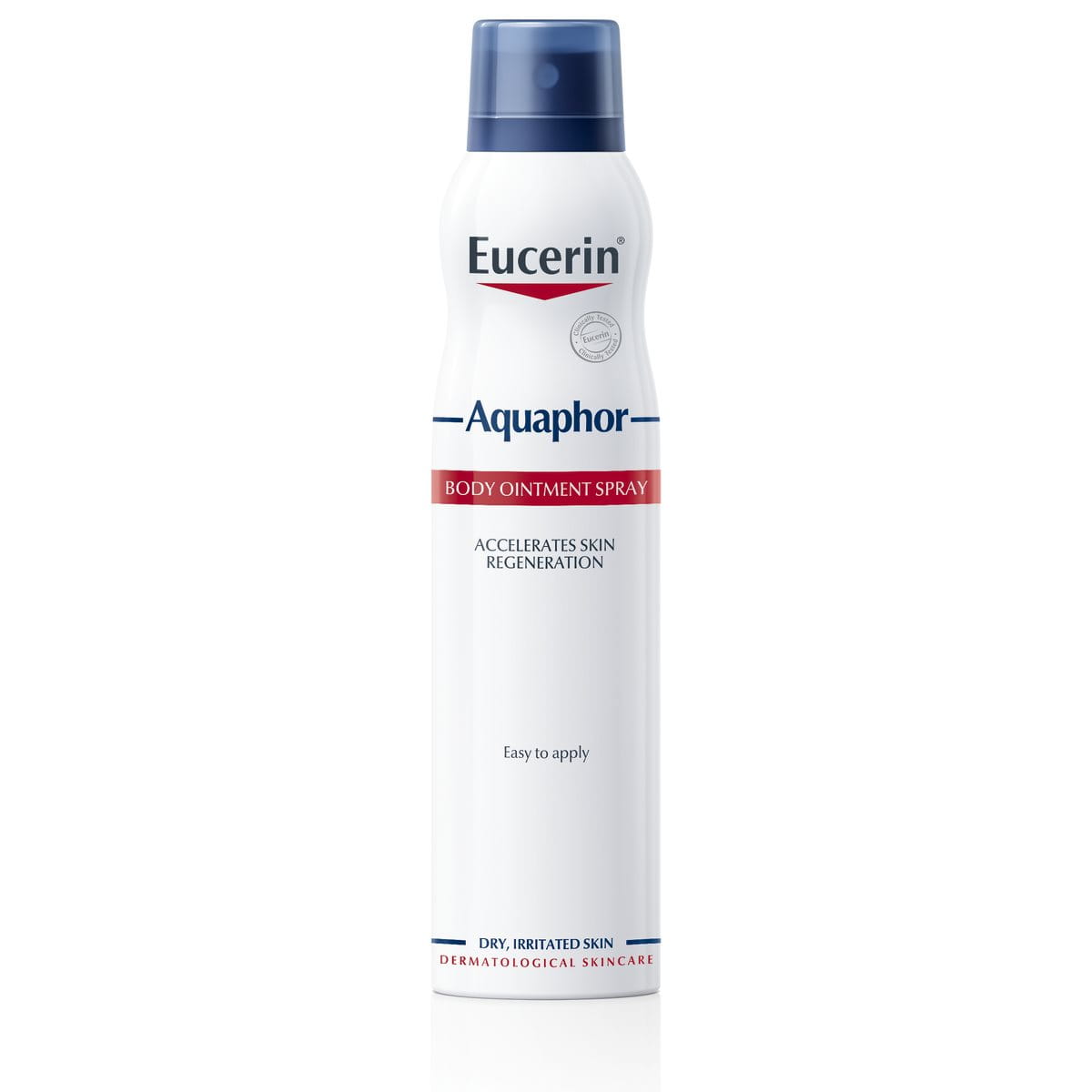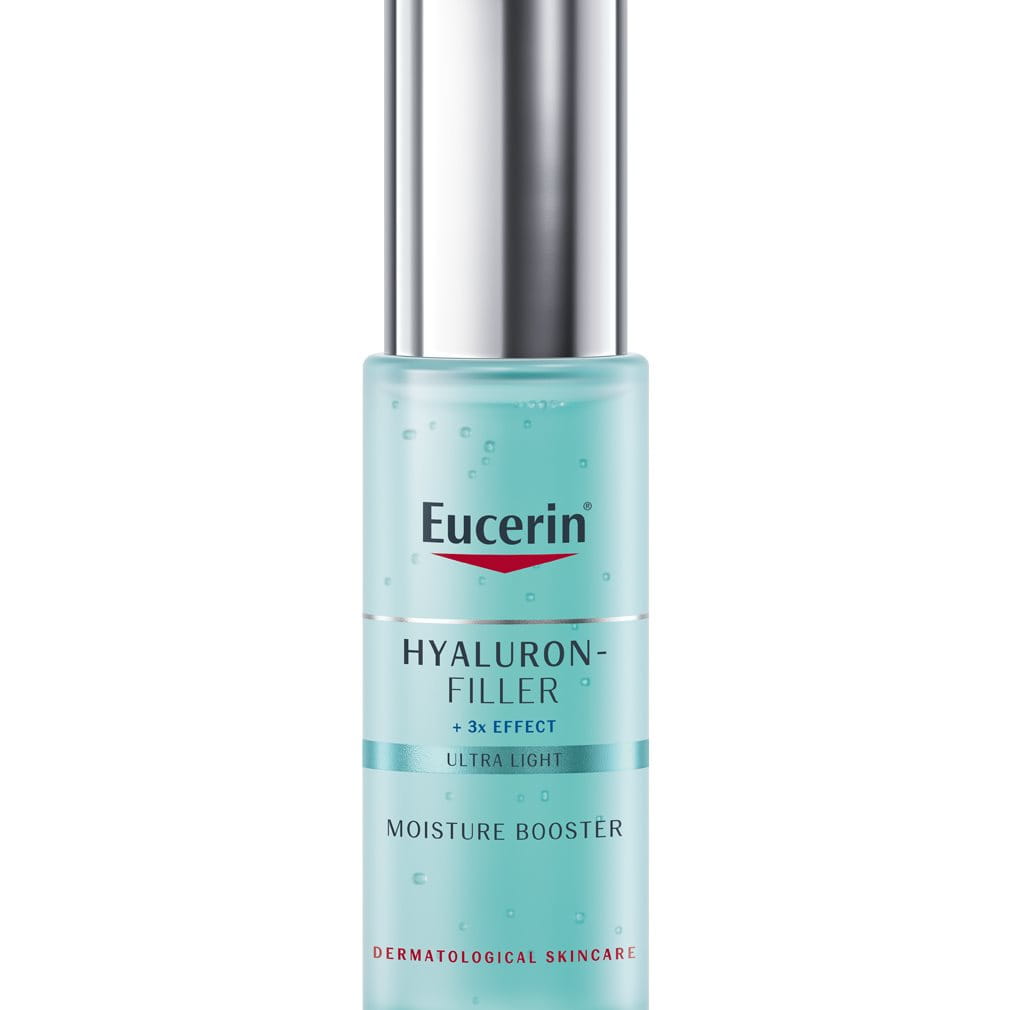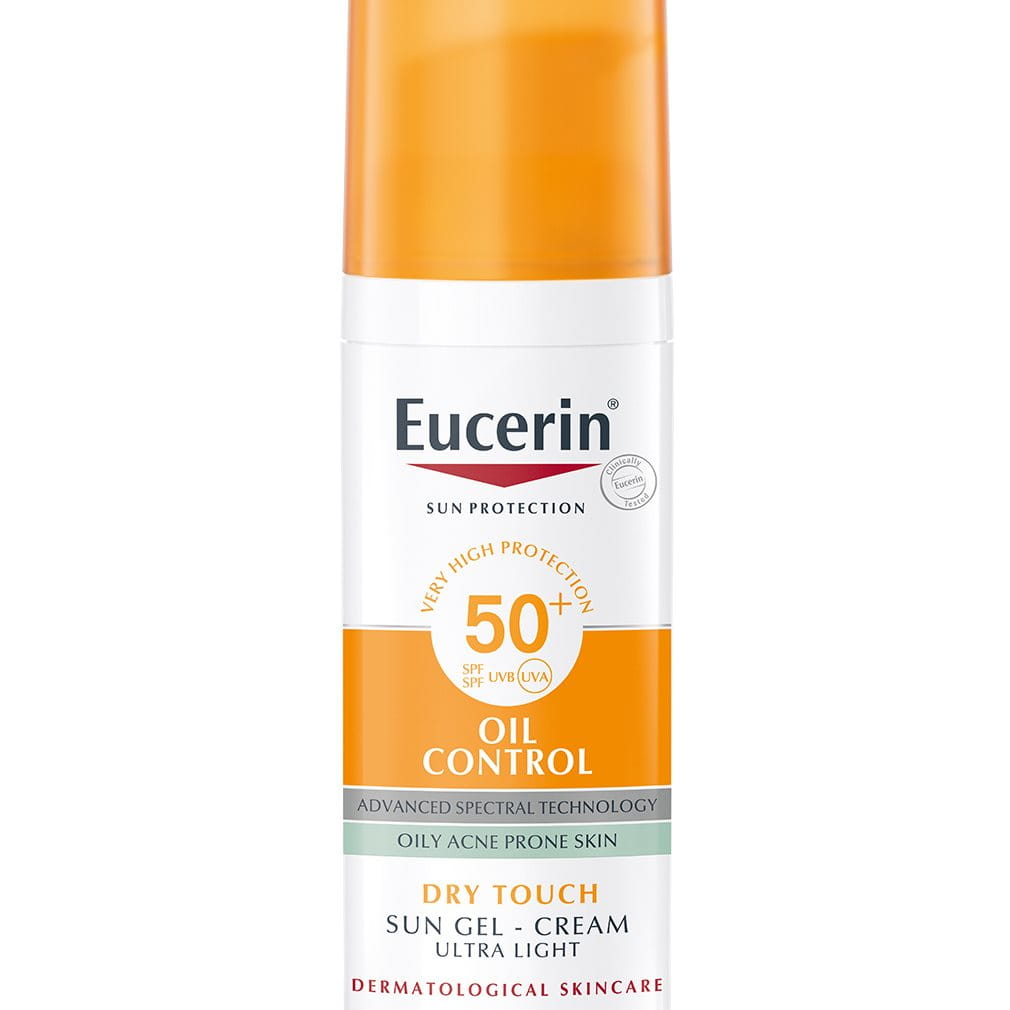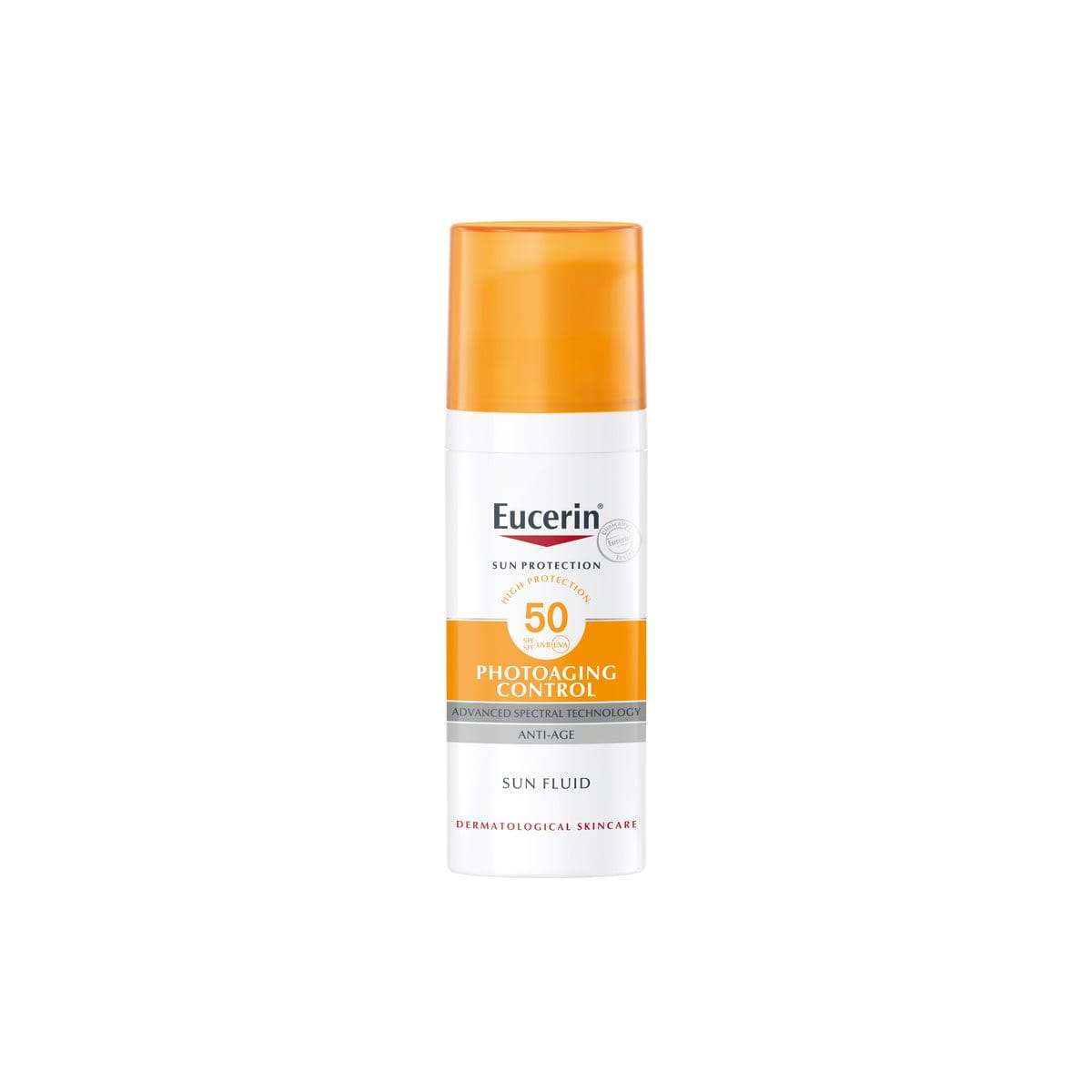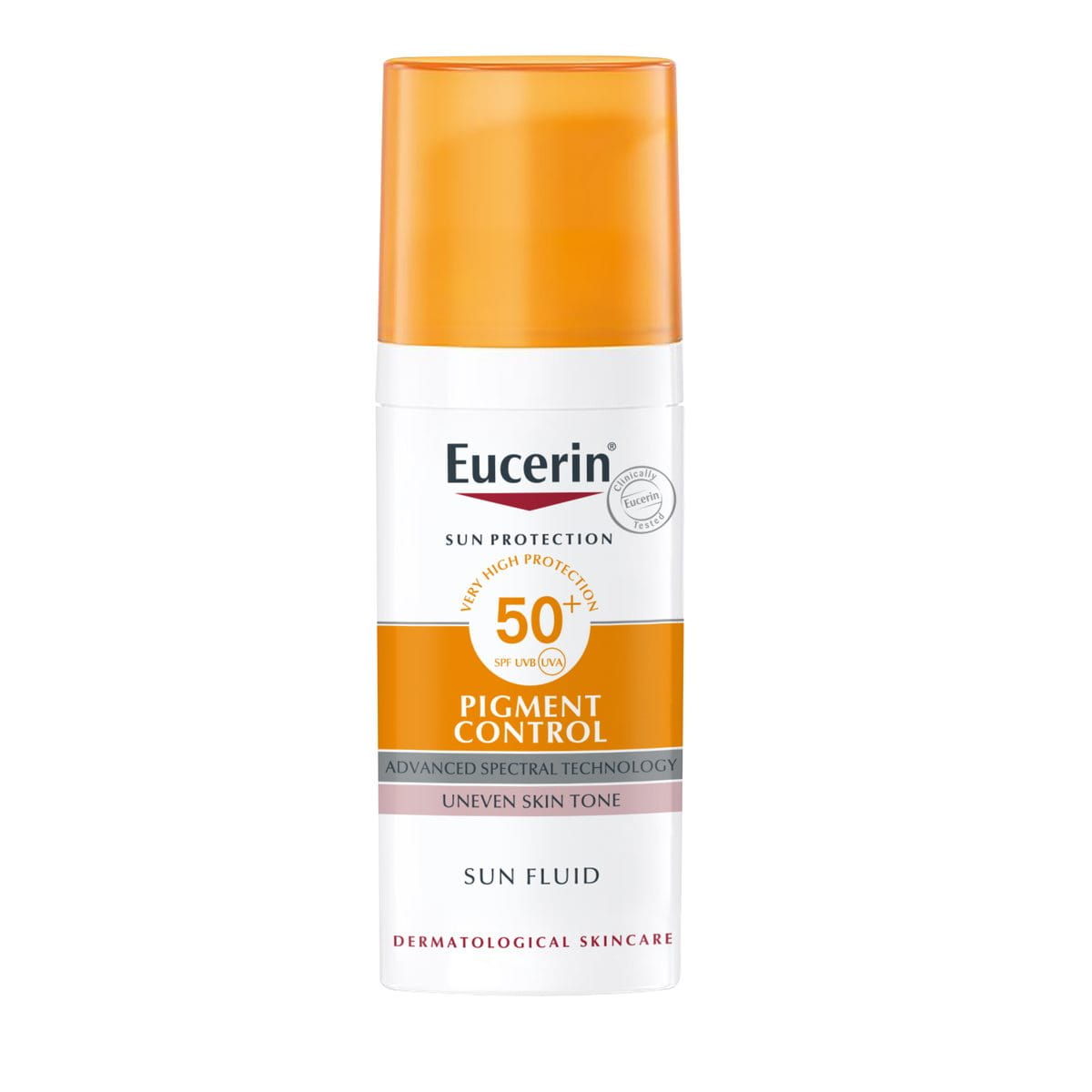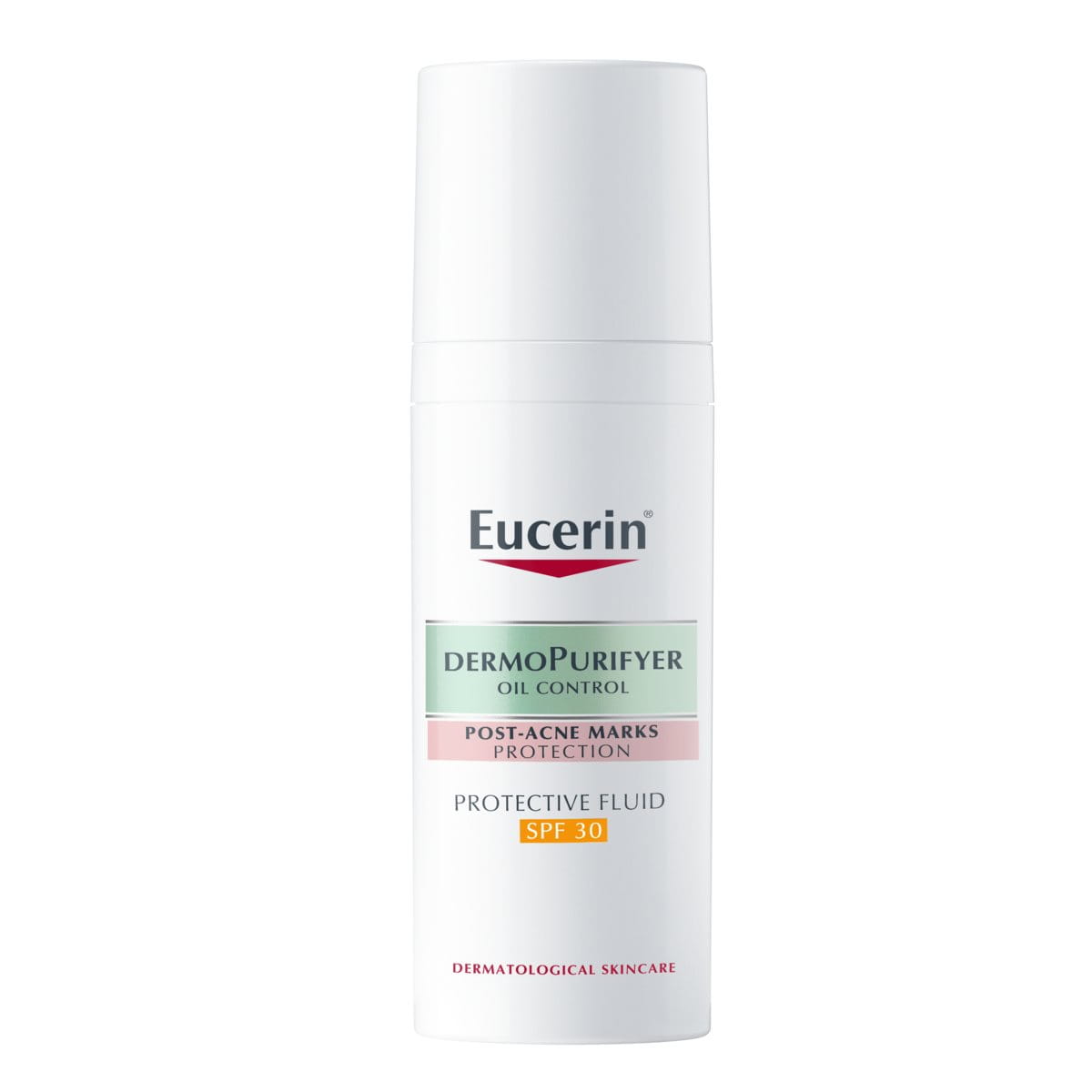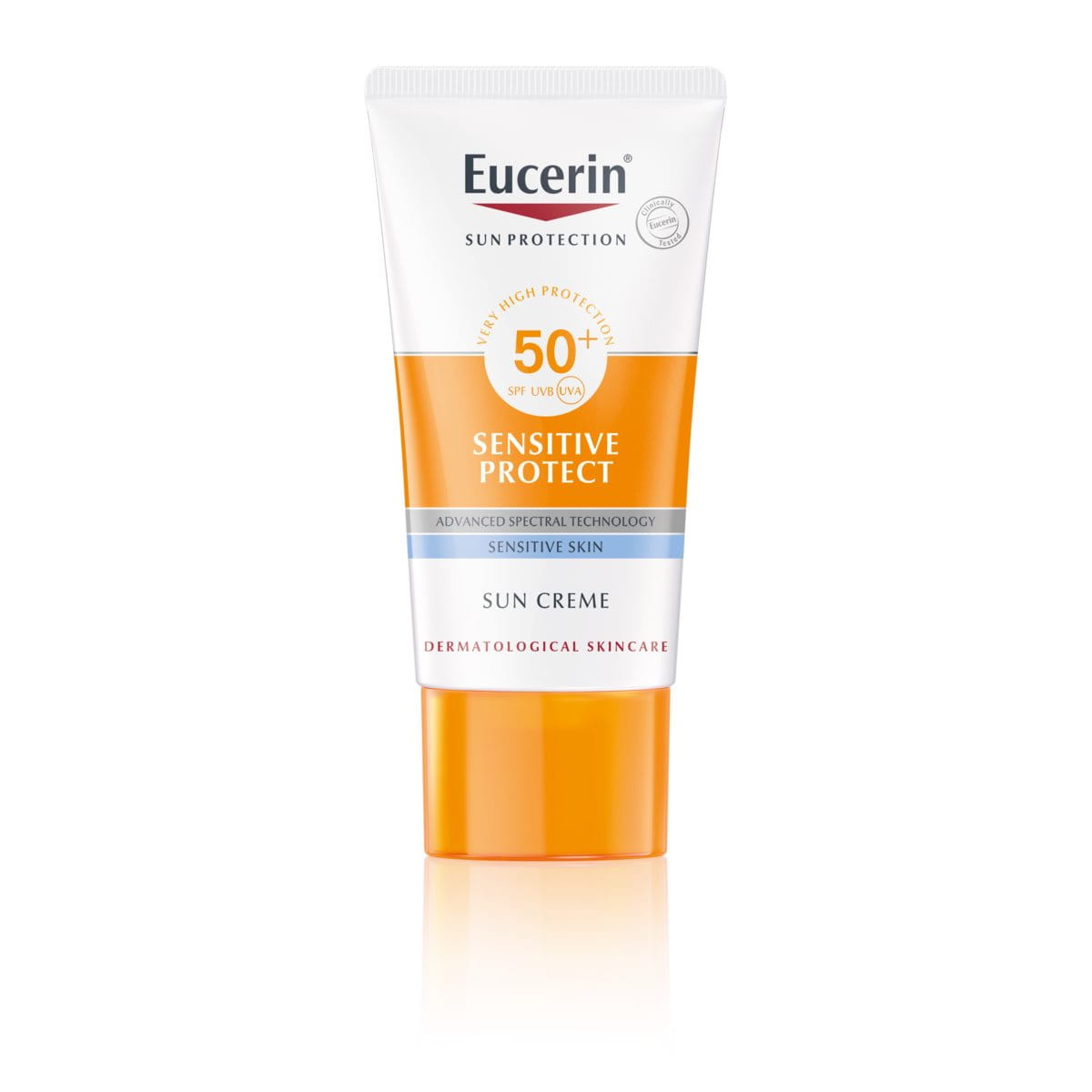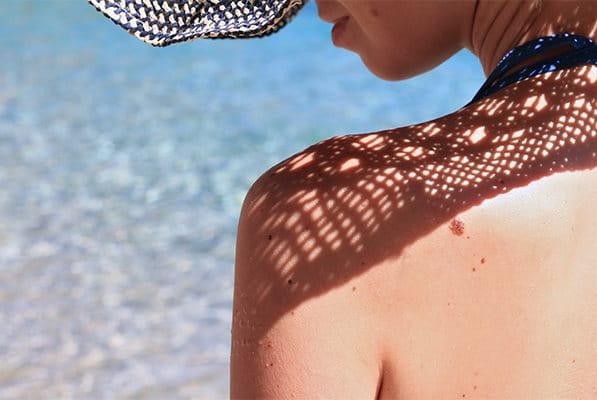Choosing the right sunscreen for oily skin or acne-prone skin can feel overwhelming and frustrating. Though the benefits of sun protection are clear – to prevent photoaging and decrease your chances of skin cancer – for those with oily skin, it often feels like those benefits come at the cost of blemishes and breakouts when applying thick, greasy sunscreens.
To avoid further breakouts, it might be tempting to forego sunscreen, which is dangerous, or avoid the sun altogether. Thankfully, by picking the right sunscreen, even those with oily and acne-prone skin can enjoy time in the sun while being protected from harmful UV rays.
Let's take a closer look at how the sun affects oily skin, clear up some common misconceptions about the relationship between sunscreen and acne, and learn how to find the best sunscreen for oily skin.
What is oily and acne-prone skin?
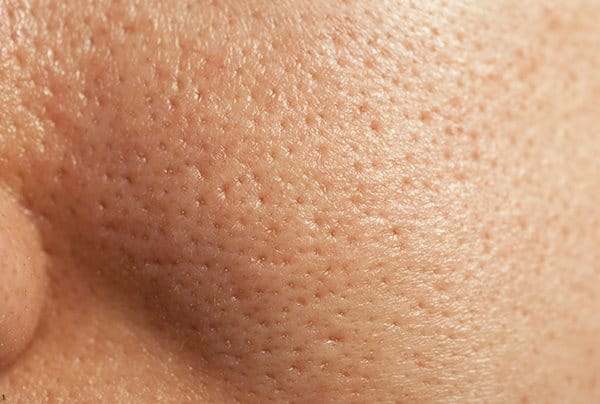
The word ‘oily’ is used to describe a skin type with heightened sebum production, giving oily skin a glossy shine with enlarged and visible pores. Sebum is a waxy substance produced in skin’s sebaceous glands and is transported to the skin’s surface where it contributes to skin protection and hair follicle lubrication.
When the body creates an excess of sebum, this can mix with dead skin cells and clog the hair follicles, creating clogged pores, aka comedones, or blackheads and whiteheads. When bacteria on the skin’s surface contaminates the clogged pores, the pores become inflamed and become blemishes or acne.
Is oily skin always prone to acne?
Not all people with oily skin are also prone to acne but having both oily and acne-prone skin is common because excess sebum production creates an environment conducive to the formation of clogged pores. It is possible to have acne even if your skin is not oily.
If you’re concerned about acne, it’s best to consult with a trusted dermatologist.
Sunscreen for oily skin
When you think of sunscreen, you likely picture thick, greasy lotion that takes a while to rub in and leaves skin feeling slick and oily. For those with oily or acne-prone skin, the aftermath can potentially be an acne breakout nightmare.
The Eucerin Sun Protection range includes a number of suitable sunscreens for oily skin.
What is non-comedogenic sunscreen?
A non-comedogenic sunscreen is a sunscreen that is specially formulated to not clog your pores. The term ‘non-comedogenic’ means non-pore-clogging (remember those comedones we mentioned?). If you have oily or acne-prone skin, you’ll want to look for this specification on the sunscreen that you choose.
How to choose a sunscreen for oily and acne-prone skin

We recommend that you use sun protection products that have been specially formulated for oily and acne-prone skin, such as Eucerin Oil Control SPF 50+ Gel-Cream, sprays, or gels.
When shopping for sunscreen for oily skin face, choose products:
- With a lighter texture.
- Labeled ‘non-comedogenic’ and clinically tested in order to avoid formulations that might clog pores.
- That actively help to address your skin concerns, as well as offering sun protection – many facial moisturizers, foundations, and skin lotions have SPF built in.
- That have been specially formulated for acne-prone skin and are clinically and dermatologically proven to be suitable for your skin type.
Eucerin Sun Protection products are all non-comedogenic and suitable for use by those with oily and acne-prone skin.
Face sunscreen for oily skin
Applying a thick coat of greasy SPF to your face may trigger breakouts, but not using any sunscreen can be detrimental to your skin health. Thankfully, there are facial sunscreens oily skin that won't leave your skin feeling sticky or oily.
Eucerin Sun Oil Control SPF 50+ Gel-Cream is specially formulated for oily, acne-prone skin, offering broad-spectrum UVA/UVB protection and Glycyrrhetinic Acid.
The lightweight, non-greasy, and non-comedogenic formula has a silky finish and is non-irritating to skin and eyes, making it a perfect choice for a facial sunscreen to wear under makeup.
For higher SPF facial sunscreen that helps to reduce the look of fine lines and wrinkles*, Sun Photoaging Control SPF 50+ Face Sunscreen is also enriched with hyaluronic acid and is suitable for daily use under makeup. With broad-spectrum SPF 50+ UVA/UVB sun protection and suitable for all skin types, this face sunscreen won’t clog pores for those with oily skin.
*With continuous use after 1 week. Use as directed (See Drug Facts Box)
How to protect oily skin from the sun
The best way to protect oily skin from the sun is to limit the time spent in the sun, avoid it during its most intense hours, wear protective clothing, and apply a sun protection product that offers the level of protection that your skin needs.
If you use an acid-based skin peel or resurfacing treatment, it’s important to remember your skin will be even more sensitive to the sun and to take extra precautions.
If you are undergoing medical treatment, be sure to practice ‘safe sun’ by following the guidelines above and wearing a very high protection sun factor even on cloudy days.
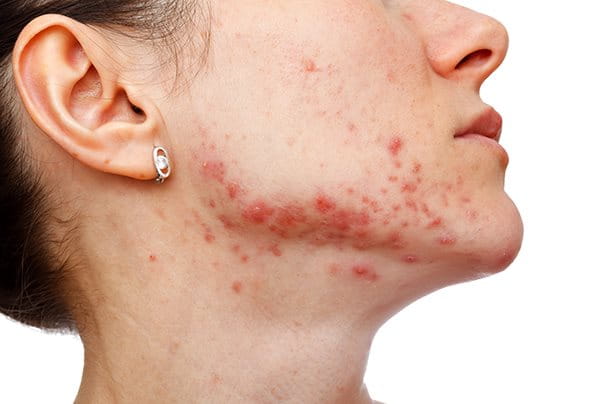
While sunscreen may not be specifically formulated to treat acne, sunscreen prevents skin inflamed by acne from being exposed to the sun's rays. Excessive and/or unprotected exposure to the sun’s rays can exacerbate the causes and triggers of acne, making matters worse rather than better. Understand why it is important to protect your acne-prone skin from the sun’s damaging rays by using sunscreen with other sun protection measures:
- The sun causes skin to dry out and even oily skin needs moisture. When skin dries out, the sebaceous glands go into overdrive, and this excessive sebum production is one of the key stages in the formation of blemishes.
- When skin dries out, its surface hardens. This interferes with the natural process whereby dead skin cells are shed, leading to blocked pores and blemishes developing.
- The sun also leads to increased sweat production and speeds up the rate at which sweat degrades on skin’s surface. This creates the perfect environment for the bacteria associated with acne to spread.
Use a broad-spectrum non-comedogenic sunscreen to protect your acne-prone skin from the sun.
Does sunscreen cause acne?
Generally speaking, sunscreen does not cause acne, depending on the formula and how the product is developed. However certain ingredients in sunscreen may block the skin’s pores. This is why it is important, especially for those with acne-prone skin, to use a non-comedogenic sunscreen, meaning a sunscreen that won’t block pores and contribute to breakouts.
Why is acne-prone skin particularly susceptible to sun damage?
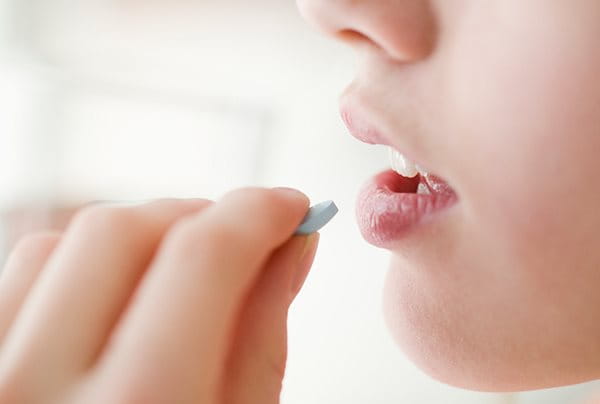
For acne-prone skin, certain acne treatments and medications can make skin more susceptible to sun damage. Consult your doctor for proper advice if you are using any acne-specific treatments or taking medications.
Sun, in moderation, is good for us. However, overexposure to the sun’s rays can cause both short and long-term damage to all skin types, including oily skin.
Eucerin Sun Protection
You’ve learned all about sun exposure and sunscreen for oily skin and acne-prone skin, from how excessive sun exposure can affect breakouts to picking the right sunscreen. Eucerin’s full line of sun care products is developed with dermatologists and includes sunscreen lotions and sprays for face and body that can help you focus more on having fun safely outdoors, and less on what your skin will look and feel like after.
Our brand values

We deliver a holistic dermo-cosmetic approach to protect your skin, keep it healthy and radiant.

For over 100 years, we have dedicated ourselves to researching and innovating in the field of skin science. We believe in creating active ingredients and soothing formulas with high tolerability that work to help you live your life better each day.

We work together with leading dermatologist and pharmacist partners around the world to create innovative and effective skincare products they can trust and recommend.

